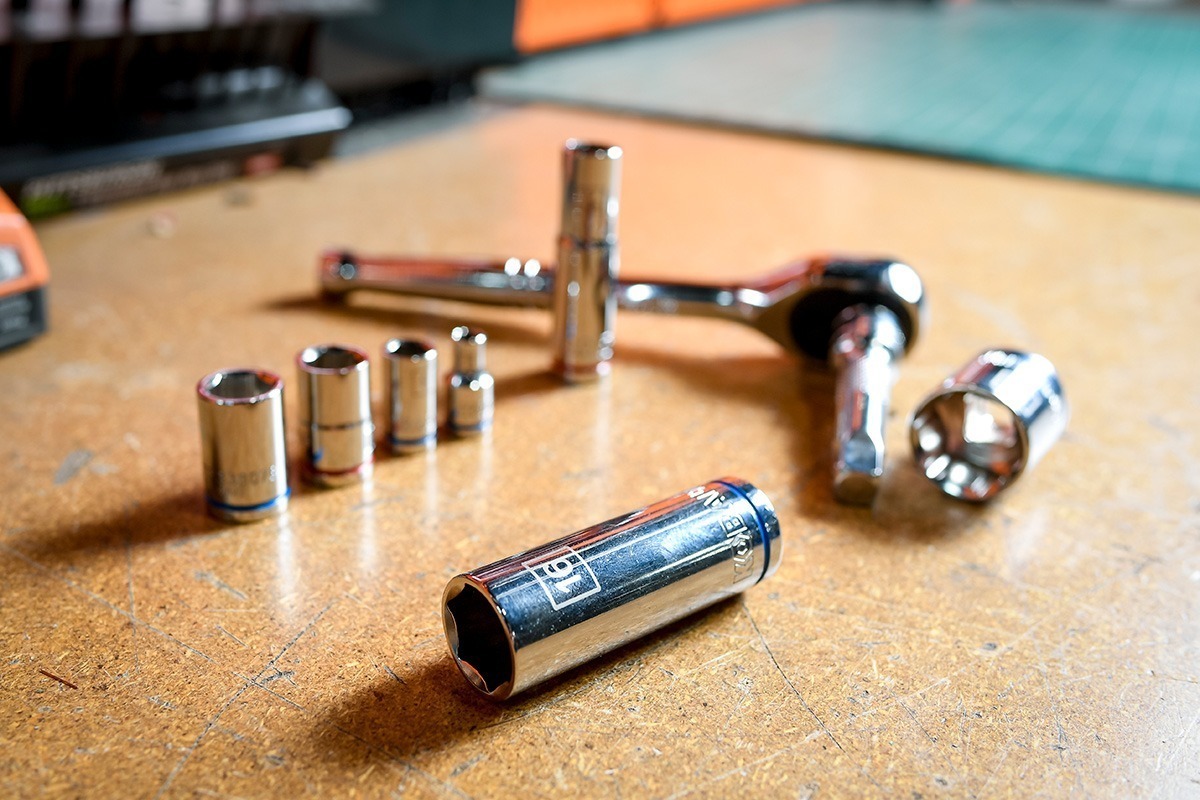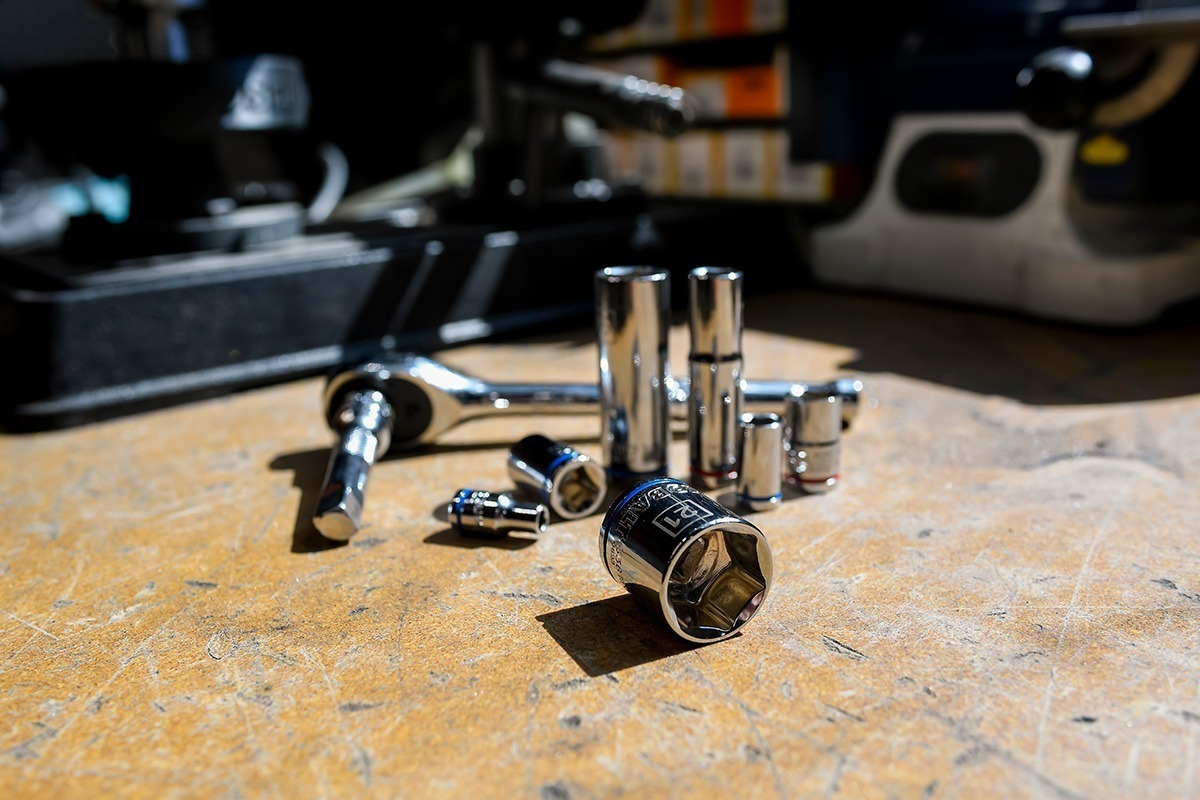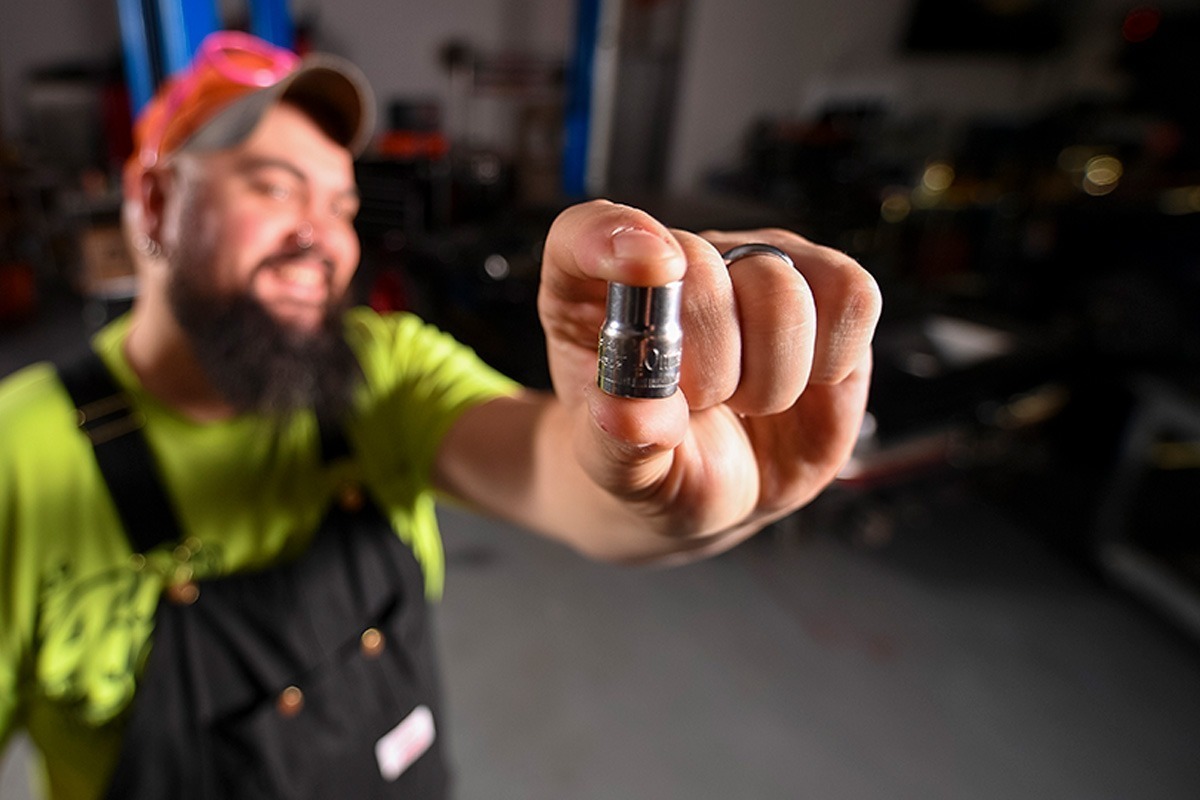The Rust Belt and the Salt Belt may sound similar, and you might even hear them used interchangeably, but they are distinct names that any automotive professional or enthusiast should know. Take a few seconds to get the real story on these terms.

I was standing in the Dorman Proving Grounds the other day talking to Nick and Luke, both of whom wrench and appear in our videos. We got on the topic of sockets and wrenches we don’t use much. “20 millimeter,” Luke said. Nick’s 9mm socket wasn’t getting much use.
When I posed the question later to Andy Greaser, Shop Press’ newest contributor and hardcore DIY wrench-turner, he said, “The 5.5 is not something I reach for much, nor the seven. And I think I’ve used my 11 as a substitute for a 7/16″ more often than I use it as an actual 11.”

I found this question kind of fascinating. The question tells a lot about the things a mechanic works on. It also tells a bit about how a mechanic goes shopping. (“Can I get away without a 16mm?”) You also learn a bit about how a given tool company goes marketing. (“Get the price down? Sure! Let’s cut the 9mm and the 20mm out.”)
I mean, I think Andy has lost his marbles. I use 7s on so much trim it’s not even funny, and there are lots of brake bleeders that want a 7 applied to let out the air. 5.5s see time on air door actuators and even more hours on the dash trim to access ‘em. I had suggested my 11, but Nick reminded me those get broken out for TPMS changes. I also thought I remembered using a 20 on a GM fuel filter at some point. Maybe I should offer Luke a few bucks for his. He always buys real nice tool-truck stuff!
I’m a bit of a weirdo since I exercise my SAE tools about as often as I use my metrics. I see quite a bit of antique equipment in my bay, but I wouldn’t be surprised if one of our readers chimed in and told me he didn’t even own SAE sockets or wrenches, whereas I have triples or quadruples of all those.
If you work on 15-year-old GMs all day, you’re going to wear out your 13 and 15 millimeter tools, but across town at the Honda dealer the technicians push those out of the way looking for a 12 or 14. Andy doesn’t do much automotive tire work, so that would explain his lack of enthusiasm for his fake 7/16” wrench. All three of those people have no use for my well-worn 16mm, but the person standing in the quick lube oil pit knows he’ll need one for older Ford drain plugs.
Andy makes a good point, though—often the “wrong” tool is the right one. Some aftermarket parts—including those made by Dorman—will use different hardware than stock due to cost, improved design, or consolidation.

Other times, a different yet equivalent part is used. We’ve all replaced drain plugs or lug nuts that take a different tool than the factory required, due to the relative interchangeability of those parts. In other cases, I’ve gotten hardware that’s not held to the correct manufacturing tolerances, so an in-between size from the “other” drawer (metric on a standard fastener or vice-versa) is actually the correct tool to use to protect the fastener’s head.
After talking to the fellas about this and reconsidering my own tools, I had three major takeaways. The first is that you really don’t know when you might need a strange size, so having it usually beats not having it. The second is a realization: the tool companies aren’t dumb. If they make a tool for it, it’s because a fastener exists that requires it. Keep fixin’ stuff, and you will run into it eventually.
My final takeaway should come as no surprise: the 10mm is, for a lifetime mechanic, quite literally worth its weight in gold!

The articles and other content contained on this site may contain links to third party websites. By clicking them, you consent to Dorman’s Website Use Agreement.
Participation in this forum is subject to Dorman’s Website Terms & Conditions. Please read our Comment Policy before commenting.